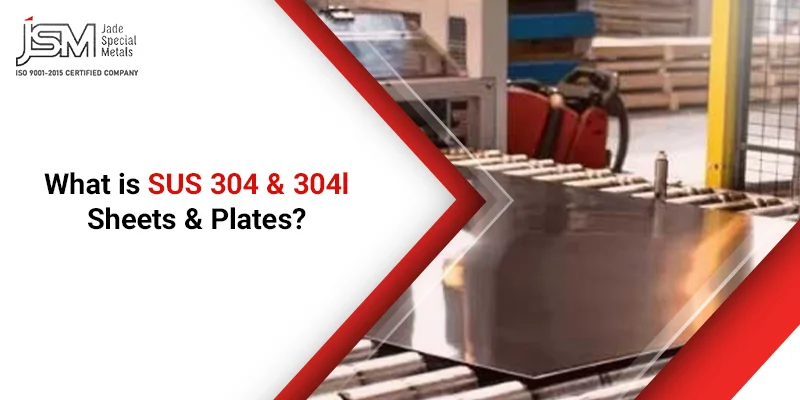What is SUS Grade?
“SUS” stands for “Steel Use Stainless” and is a name used in Japan to denote grades of stainless steel that adhere to the Japanese Industrial Standards (JIS). SUS grades are a type of stainless steel that specifies varied compositions and properties, usually related to corrosion resistance, mechanical strength, and various uses.

SUS 304 Stainless Steel:
- Composition: SUS 304 is a grade of stainless steel that primarily contains chromium (18-20%) and nickel (8-10.5%). It is part of the austenitic family of stainless steels.
- Properties:
- Corrosion Resistance: SUS 304 offers excellent resistance to corrosion, especially in atmospheric and mildly corrosive environments.
- Mechanical Strength: It has good mechanical properties and can maintain its strength at high temperatures.
- Formability and Weldability: SUS 304 is easily formed and welded, making it suitable for a wide range of applications.
- Applications: Commonly used in kitchen equipment, food processing, chemical containers, and architectural applications.
SUS 304L Stainless Steel:
- Composition: Similar to SUS 304, SUS 304L contains lower carbon content (maximum 0.03%) compared to SUS 304 (maximum 0.08%). This slight difference in carbon content gives it distinct properties.
- Properties:
- Improved Weldability: The lower carbon content reduces the risk of carbide precipitation during welding, which can lead to corrosion at welded joints (also known as intergranular corrosion).
- Corrosion Resistance: SUS 304L offers excellent corrosion resistance, similar to SUS 304, but with enhanced performance in welding applications.
- Mechanical Properties: While slightly lower in strength compared to SUS 304 due to its lower carbon content, SUS 304L still offers good mechanical properties and toughness.
- Applications: Often used in welded components, particularly in chemical and petrochemical industries, and in situations where post-weld heat treatment is not possible.
Key Difference:
- Carbon Content: SUS 304L has lower carbon content than SUS 304.
- Use in Welding: SUS 304L is preferred for welding applications to prevent intergranular corrosion without the need for post-weld annealing.





